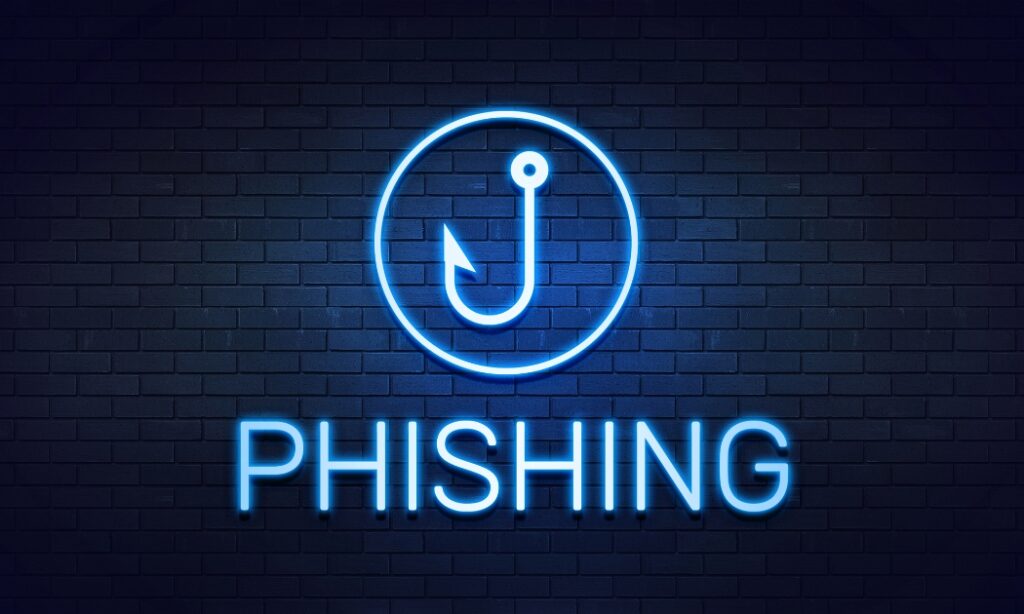The importance of Cybersecurity Awareness: What would you do if you woke up tomorrow and realized all of your business’s data had been stolen or deleted while you slept? You may believe this nightmare scenario could never happen to you because you’ve got the best antivirus software and malware protection. Your IT team has built a strong firewall, monitored your network, and assured you that your defenses are as strong as possible.
However, you may be overlooking one important thing: your employees. Employees lacking cybersecurity awareness training may unintentionally leave your data vulnerable, enabling malicious actors to exploit weaknesses without encountering barriers. All the security in the world can’t protect you if your employees don’t follow proper security procedures.
That’s where digital education and cybersecurity awareness comes in. Education is the most important part of any office security plan. Let’s take a look at what you can do to ensure that your employees understand office security and follow all of your security policies.

Training Employees on Phishing and Ransomware to Boost Cybersecurity Awareness
Hackers commonly attack businesses using phishing and ransomware. Phishing typically involves sending emails that appear legitimate. People click on the links in these emails and either download a file or are directed to a website that seems official. However, the file contains malware, and the website is often designed to steal the user’s information.
Employees who lack training to recognize phishing emails and fake websites may inadvertently allow malware into your office network. Once there, removing it can be incredibly difficult and expensive. All new employees should receive training on dealing with phishing and ransomware. Current employees also require refresher courses or regular training on new threats.

Regular Simulation Testing for Enhanced Cybersecurity Awareness
Regular training is essential, but knowledge can diminish over time and new threats emerge constantly. To ensure ongoing preparedness, companies often conduct simulation testing.
For instance, employees may receive fake phishing emails periodically. If they click on these emails, they’re redirected to a site for awareness training. This proactive approach helps employees stay vigilant against real phishing scams.
BYOD Best Practices
Regular training is vital, but knowledge fades over time, and new threats emerge constantly. To ensure ongoing preparedness, companies often conduct simulation testing. For example, employees may receive periodic fake phishing emails.
Clicking on these emails redirects them to an awareness training site. This proactive approach helps employees remain vigilant against real phishing scams.
Password Security is Vital
While some new forms of authentication exist, such as fingerprint scanners and facial recognition, few companies have replaced traditional passwords with these features. This means employees still need to know how to create strong passwords, typically containing a mix of upper- and lower-case letters, numbers, and symbols, and be a certain length.
Unfortunately, few people follow these security best practices. Many find it challenging to keep up with passwords, especially if they’re required to change them regularly and use different ones for every system. They often resort to changing passwords by a single number or, worse, writing them down on a notepad near their computer.
To mitigate risks associated with weak passwords, many are turning to password management services like LastPass. While there are some risks associated with these services—LastPass experienced an attack through an employee’s home computer, highlighting the importance of BYOD policies—they are typically very secure because passwords are encrypted.
Ignorance and Negligence Are the Biggest Threats to Security
A lack of education leaves your employees ignorant of your business’s threats and the solutions to combat those threats. Negligence, likewise, leaves them without the tools needed to protect your data. You may think your company is too small or that your data is so insignificant that no one would ever attack you. However, you’re exactly the type of business cyber-terrorists are after. They know huge corporations have protections in place and a well-trained workforce. They’re not going to risk getting caught by attacking them. They’re going to come after you and other small businesses that have left the doors wide open.
Being aware of the threat and educating your team on those threats is one of the best ways of protecting your data. If you’re not sure where to start, 911 PC Help is here for you. We can assist you in training your employees as well as implementing security solutions. Reach out today to learn more.

